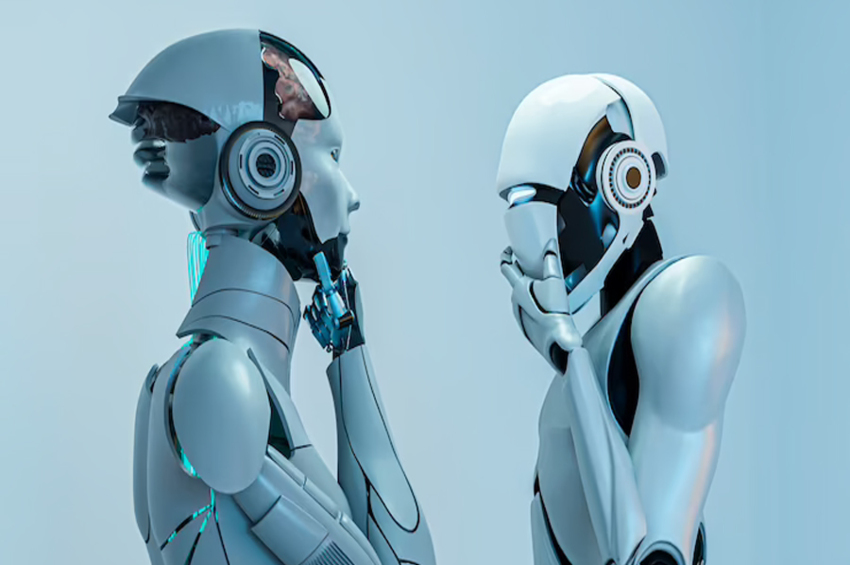“Robotics are gaining momentum in the world, but is the world ready for such?” This is a timely question as robotics technology continues to advance throughout the globe. Robots are becoming integrated into various industries at an unprecedented rate. From the medical field to manufacturing plants, robots are quickly being adopted as viable alternatives for labor-intensive processes. Robotics offer numerous advantages, such as precise actions, speed, flexibility, and cost effectiveness. However, to capitalize fully on the potential of robotics, the world must be ready for such.
What does this mean? First off, society must accept robots as part of everyday life. We must be willing to interact and cooperate with these digital entities which are supplanting humans in the workforce. This shift requires a huge cultural change, as humans naturally have a fear of the unknown. Then, there’s the issue of security. We must have confidence that robots won’t be used to perform nefarious activities or compromise personal information. We should be able to trust these machines to act in the best interests of the global community.
Beyond this, we must have appropriate regulations and guidelines in place to ensure robots are used safely and ethically. These laws and regulations must protect both humans and robots, while also allowing for innovation and growth. We must also keep in mind the potential economic disruption that could arise with robot automation. Regulations should focus on the ethical treatment of workers and ensure that robots are used responsibly.
Furthermore, we must equip robots with artificial intelligence that gives them the capacity to understand the world around them and make decisions that are beneficial to society. This means creating robots with a level of abstract reasoning that can recognize when a decision is ethically sound. This way, robots can form ethical opinions on complex matters, just as a human would. Robotics are undeniably gaining momentum in the world, however, society must be ready for such. We must be open to the challenges that arise, and equipped with the necessary safeguards for a prosperous robotics future.
- Robots are the future
- For now robots are still expensive and the technology is still developing
- The more the robots the less the hardwork but the less the pay
- UBI will become the norm in the near future
UBI, or universal basic income, has become a popular proposal in recent years. It has gained traction due to the economic difficulties faced by many around the world who are struggling to make ends meet. The idea behind UBI is that everyone should receive a certain amount of money each month regardless of income, employment, or other circumstances. This would provide a safe and reliable source of income for individuals and help to alleviate poverty.
The primary advocate for UBI has been Andrew Yang, an entrepreneur and 2020 US Presidential Candidate. He has consistently argued that UBI is the only way to ensure a stable economy and equal opportunity. Yang believes that UBI can help people start businesses, gain access to education, and provide economic security to those who may be disadvantaged. In addition, Yang has suggested various ways in which the money could be funded, such as taxes on companies, taxes on robots that take jobs away from human workers, and taxes on people at the highest levels of income.
Supporters of UBI argue that a guaranteed income can provide relief to those struggling with poverty and provide them with economic stability. Proponents also contend that it could help stimulate the economy by giving people money to spend on goods and services. They suggest that this could also reduce the need for government handouts and programs for those living in poverty.
Opponents of UBI worry that it could lead to dependency on the government and create a reliance on public funds. They fear that people may stop working and instead rely on UBI as their only source of income. Others argue that the money is better spent elsewhere, such as in job training programs and other social services that can help people climb out of poverty.
Overall, UBI has become a controversial and divisive topic. However, it has gained much attention and support in recent years, due in large part to the advocacy of Andrew Yang. It remains to be seen if the concept will become a reality anytime soon, but it has become the focus of much discussion and debate. There is no doubt that if UBI does become the norm in the future, it will be largely due to the dedication of people like Yang who have been advocating for it.











Leave a comment